Biodynamic Foundations Training
Get to know biodynamics from the inside out
Applications for the 2023-2024 cohort are open through March 4.
The Biodynamic Demeter Alliance’s Biodynamic Foundations Training provides a unique opportunity to take the next steps in your biodynamic journey! The program combines hands-on, practical work with a mentor supported by integrated learning elements and a cohort based weekly classroom component with a variety of readings and exercises that bring greater understanding and build capacities to participate more deeply and fully in caring for your farm or garden.
The program is open to aspiring as well as established farmers, gardeners, teachers, and other land stewards - participants may work with their own site or at a mentor site.
The program is split into two sessions.
Biodynamic Foundations Session 1 - Biodynamic Plant and Soil Health starts in Spring 2024 and finishes in Late Fall 2024.
Biodynamic Foundations Session 2 - Biodynamic Animal Health, Social Life, Astronomy, and Nutrition starts in January 2025 and runs through August 2025.
An overview of the curriculum and topics in the program can be found here.
Our 24-25 cohort begins in April 2024. To schedule a conversation to see if the program might be a good fit to support your next steps contact anthony@biodynamics.com
The Biodynamic Farmer Training has helped me move from understanding the world as isolated, separate things to experiencing the underlying connection between all things. A shift in perspective and approach. This experiential way of knowing brought forth colors in the way I now give myself to the farm and garden. The community that has arisen from our work together has been tremendously nourishing and supportive on my path of development!
—Derick Perkins, Farmer Training Graduate, Farm Manager at Spikenard Farm and Honeybee Sanctuary
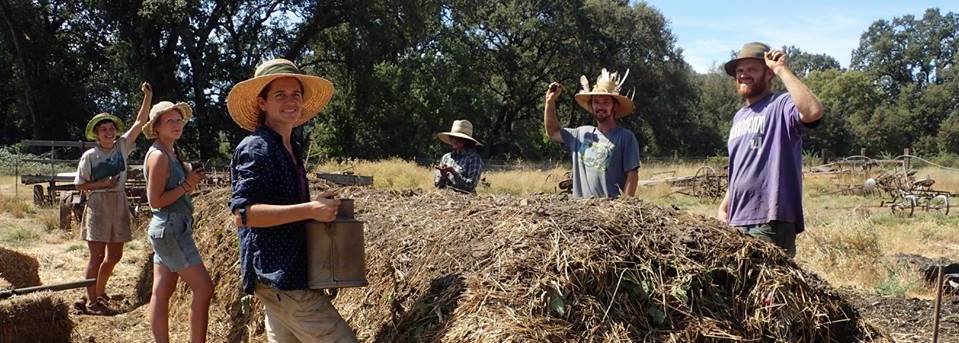
The Biodynamic Farmer Training is a hands-on, holistic approach to farmer education.
-
Delve deeply into the practice of biodynamics with individualized support from an experienced biodynamic mentor farmer.
-
Apprentice on an established biodynamic mentor farm or implement biodynamics on the farm or garden you manage.
-
Work with a cohesive learning curriculum of short readings, experiential exercises, observational studies, and lively conversation spaces in a cohort based setting.
The Biodynamic Farmer Training began in 2018 as an evolution of the North American Biodynamic Apprenticeship Program (NABDAP), which began in 2009. Over 150 trainees have graduated our farmer training programs.
"I want to gain the power to nourish in a healthy and sustainable way. I want to work within and heighten my understanding of a biodynamic farm system through a program that enables not only hands-on training, but also educational opportunities."
- Abby, Biodynamic Farmer Training participant
Biodynamic
Agriculture
Learn the foundations of biodynamics working with an experienced mentor including soil health and care, plant growth and development, close and caring relationships with animals that meet their needs and honor their gifts, working with the biodynamic preparations, and how our unique human capacities can foster health and healing of the earth community.
Connect your heart to your everyday work. Bring meaning and depth to the daily tasks of nurturing a living farm organism; see how your work links with the health and ecology of larger ecosystems and human communities.
Experience the rhythms of a biodynamic farm first-hand. Get to know the life cycles of the soil, plants, and animals throughout the seasons, and care for them accordingly. Begin to explore how the earth’s celestial environment relates to life on earth.
Engaged
Community
Participate in a dynamic cohort of individuals across North America engaged in learning about biodynamics and striving to find their purpose in the world.
Share and explore the challenges and joys of building a deep, nourishing relationship with the natural world and your local community.
Work together to support the creation of healthy social relationships in today’s increasingly complex social landscape.
Social Change
and Food Justice
Explore social and food justice issues including access to fresh, healthy food, income inequalities, the rural and urban divide, race, class, culture, gender and sexuality, politics, and how they intersect with agriculture.
Practice sharing your passions and questions, your capacities and needs, with others, collaboratively. Give voice to new ideas, speak up for those in need, and take initiative to implement what is important and needed in a healthy society.
Walk your talk. Caring for the earth and its inhabitants, growing nourishing food, and supporting educational opportunities for others can have a ripple effect in your community and beyond.
Why Biodynamics?
Biodynamics is a holistic, coevolutionary, earth-friendly practice and way of being that creates abundant health for soil, plants, animals, people, and planet. Each unique and self-sustaining farm organism contributes generously to the ecological, economic, social, and spiritual vitality of its surrounding community and landscape, and the whole living earth. Through biodynamics, we can access new capacities in human creativity to sense and respond to the needs of the planet, and unfold new solutions in a living and dynamic way. Biodynamics is both a way to bring health and healing to agriculture and a potent movement for new thinking and practices in all aspects of life connected to food and agriculture.
The principles and practices of biodynamics can be applied anywhere, with thoughtful adaptation to scale, landscape, climate, and culture. Learn more about Biodynamics Principles and Practices.
It’s not enough just to know about a subject, but to do it. Farmers are a wealth of knowledge, and it’s probably because they experience and interact with their subject everyday. That is what is so attractive to me about [farmer training]. Learning from and working with such knowledgeable, not to mention highly skilled, people provides a far richer education than sitting in a desk. Being a farmer is dedicating yourself to being a life-long learner.
- Deanna Perlman, Biodynamic Farmer Training participant
Learn the Foundations of Biodynamics Through Experience
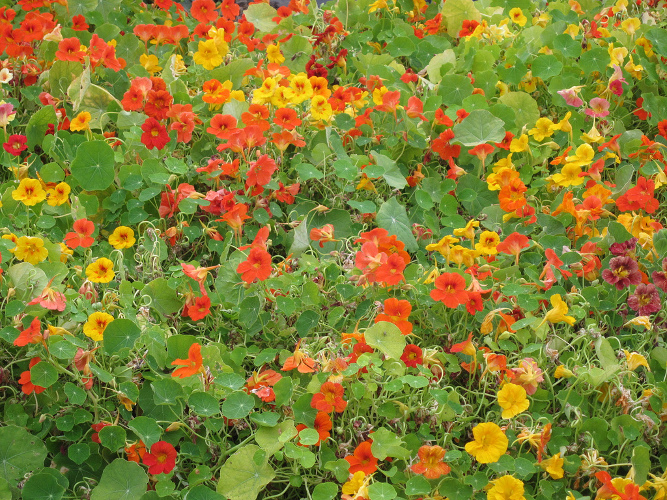
Regenerate soil and grow beautiful plants, full of vitality
Make biodynamic compost as the foundation of fertility, carefully cultivate and prepare the soil, sow seeds, bring loving care and attention to the plants throughout their development, and harvest them to share with your community.
Care for animals in ways that support their health and the full expression of their nature
Help each animal bring their gifts to the landscape and enrich the life of farm visitors by raising them through each stage of life, and see through the passing on of their work and sacrifice to people as food and fiber.
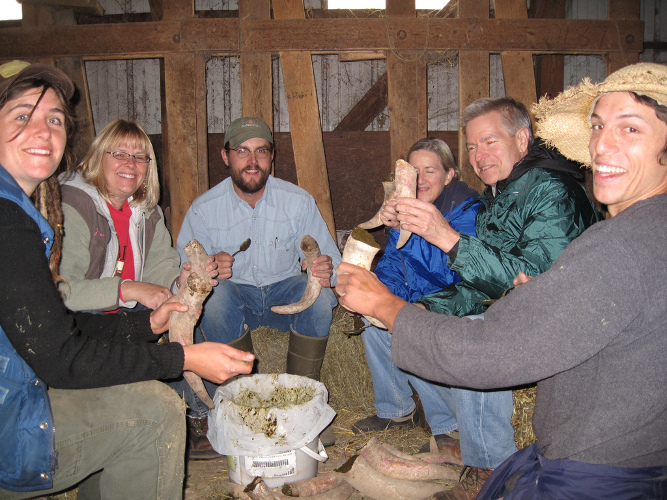
Bring healing to the earth with the biodynamic preparations
Work intimately with the biodynamic preparations as you apply sprays to enhance soil and plant health, enliven and guide the composting process with the compost preparations, learn how to store them to preserve their vitality, and even participate in their making.
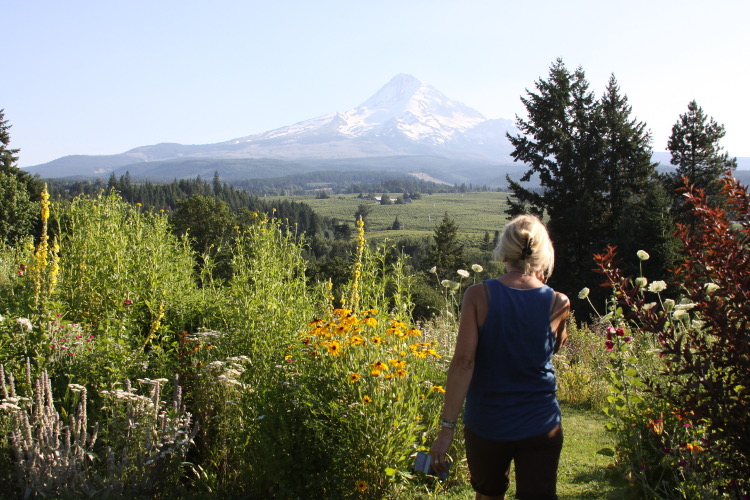
Build community and contribute to social and economic health
Be a part of a dynamic farm team that works together to find solutions to each day’s unique encounters. Explore the complexities of working and living in community, experience the realities of farm economics, and practice decision-making through informed observation, reflection, contemplation, and conversation.
Nurture and harmonize the diverse elements of a living farm organism
Bring together fields, forests, plants, animals, soils, compost, and people in a dynamic way to support the health of the whole. Mimic the biodiversity of natural ecosystems by striving to consciously unite all the participants in the web of life, amplifying the health and resilience of the farm organism.
Biodynamics integrates the farmer into a whole farm system that is intricate enough to include the cosmos, the mind, the soil, and compost into its worldview. I believe that biodynamics is the much-needed supporting modality for those who are new to agriculture.
-Thomas Arminio, NABDAP Graduate
Holistic Farmer Training
Self-Directed Study in a Supportive Community
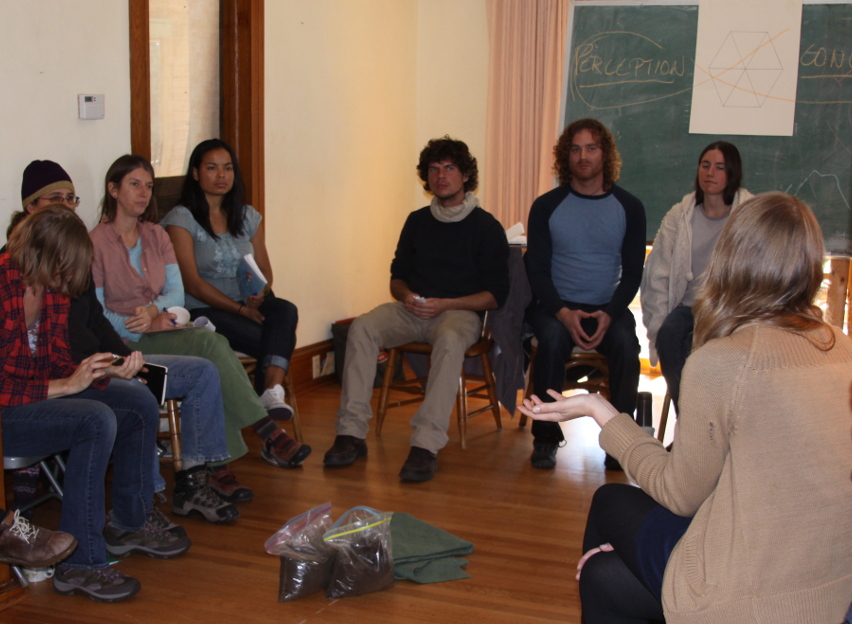
Engage with real-life examples that help you get to know the foundations of biodynamics.
Foundations of Biodynamics Learning Curriculum provided by EduCareDo. (link is external)
26 bi-weekly lessons with readings, experiential exercises, and artistic activities bring to life the path of knowledge that stands behinds biodynamics. A scientific understanding of the world is integrated with the recognition of the spirit in nature and humanity.
The lessons weave together the breadth and depth of the insights of Rudolf Steiner and Anthroposophy, which laid the foundation for biodynamics in 1924. The curriculum works to foster greater consciousness of our role as human beings in the life of the earth.
Participate in learning and community building sessions around the themes and questions that are important to you.
Facilitated learning and community building sessions with your cohort offer an ongoing community space to ask questions and share experiences from the curriculum, your daily work and life on the farm, and ‘the bigger questions’ of life in a supportive learning group.
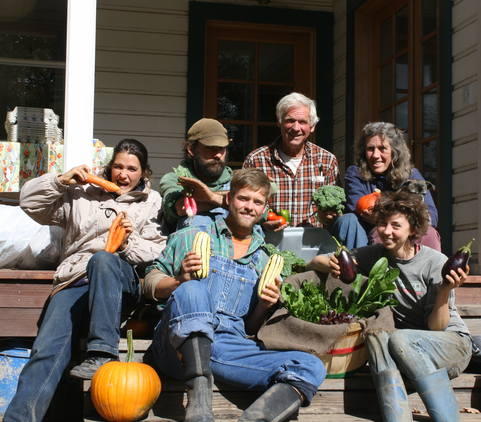
Work together with an experienced biodynamic farmer mentor.
Monthly individual meetings with your mentor farmer provide a space to ask questions, talk about your progress, and help you plan your next steps in the program. Our mentor farmers are carefully selected to ensure that they exemplify good biodynamic farming practice and are dedicated to providing a quality educational experience for trainees.
Develop a diversity of relevant biodynamic farming skills.
Our Foundations of Biodynamics On-farm Skills Development Guide provides support to learn and strengthen over 30 skills and capacities in biodynamic farming through a variety of learning situations as you progress in the following categories:
-
Soil care and plant cultivation
-
Animal husbandry
-
Working with the biodynamic preparations
-
Organizational and social health
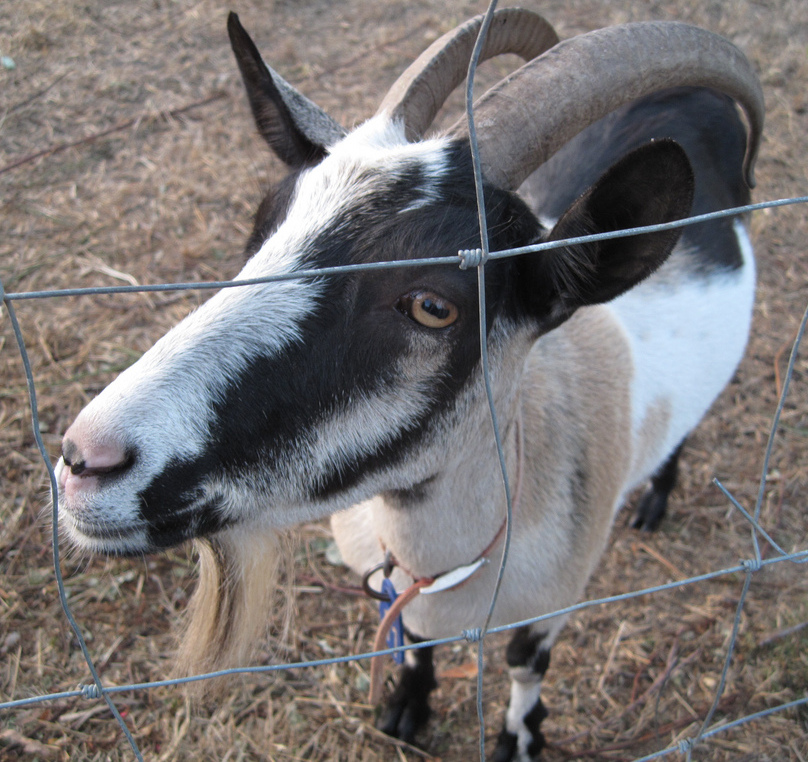
Deepen your everyday experiences on the farm.
Supportive daily journaling sessions help you develop the practice of observing and recording weather and farm conditions, and reflecting on successes and challenges you experience. This serves as a valuable record of your time spent on the farm and a beautiful picture of the cycle of that year to refer to in your future seasons of farming.
Build new capacities to relate.
Observational studies with Soil and Compost, Plants, Animals, Biodynamics, Astronomy, and Organization/Community/Social work develop capacities to observe and participate in the unfolding of living processes over time. Guidelines along with prompts and questions throughout support the growth of an in-depth relationship with each area and the revelation of their myriad interconnections. Approach each phenomena from a variety of views including the technical, materialistic scientific and personal experience through individual, group, and community research, deeper questioning, and working with subtle, non-sense perceptible layers of activity to understand their living qualities and how to guide them towards health through the integration of scientific, farm-based research, inner exercises, and artistic activities.
- Soil and Compost: Garden Soil, Pasture Soil, Compost
- Plants: Preparation/Medicinal Plants Yarrow, Chamomile, and your choice of any other plant - growing them from seed to seed
- Animals: Cows, Pig/Sheep/Goat/Horse, and your choice
- Biodynamics: Horn Manure (500), Horn Silica (501), and your choice of a mineral, chemical, or biological spray
- Astronomy: Sun and Moon Rhythms
- Organization/Community/Social: A look at your farm or garden, one of a similar scope and size, and one that is a significantly different size and scope.
Complete an independent project on a topic that’s important to you.
Design and implement an independent project to explore a burning question related to biodynamics, such as:
-
developing an on-farm education program
-
creating a hat from wool you’ve shorn, cleaned, carded, dyed, spun, and knit
-
working with the relationship between hedgerows and pollinators
-
artistic projects involving drawing, painting, or sculpting plants, insects, and animals
-
explorations to get to know the preparations such as looking at different ways of making and applying them.
Work together with your mentor farmer and the program organizers to utilize the resources at hand and make a positive impact on the future of the farm.
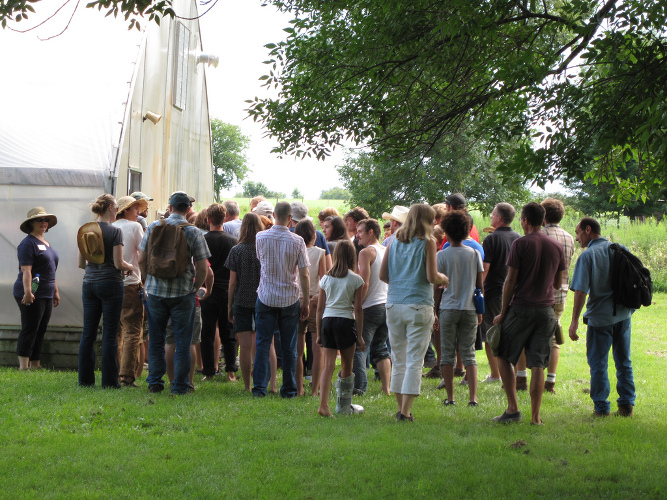
Get to know other farms and the local community.
Visit at least 6 other local farms to see other approaches to farming, meet other farmers, and broaden your on-farm experience.
Attend a biodynamic workshop or event.
Connect with biodynamic educators and practitioners through regional groups and our partner organizations including the Pfeiffer Center (link is external) (Chesnut Ridge, NY), the Nature Institute (link is external) (Ghent, NY), Institute for Mindful Agriculture (link is external) (Ghent, NY), , The Josephine Porter Institute (link is external) (Floyd, VA), Spikenard Farm and Honeybee Sanctuary (link is external) (Floyd, VA), Sustainable Settings (link is external) (Carbondale, CO), Michael Fields Agriculture Institute (link is external) (East Troy, WI), Angelic Organics Learning Center (link is external) (Caledonia, IL), and Foxhollow Farm (link is external) (Crestwood, KY).
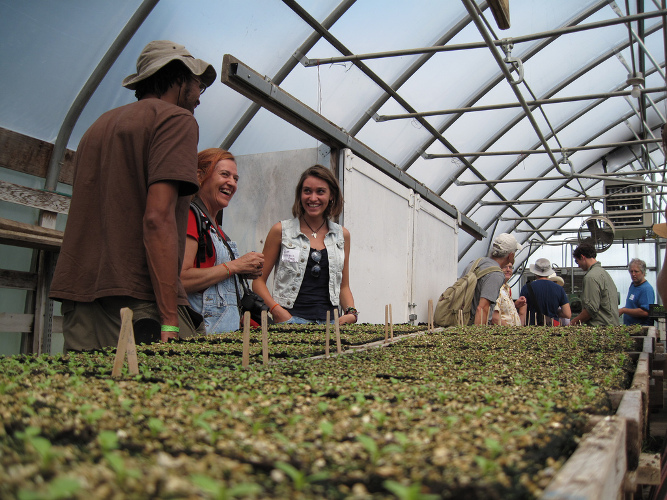
Meet up with your cohort and experience the North American biodynamic community.
Meet up at the North American Biodynamic Conference with fellow participants! Special gatherings just for Biodynamic Farmer Training participants will be organized to deepen the relationships you have been growing, and there is so much more to enjoy through the rest of the wonderful offerings at the North American Biodynamic Conference!
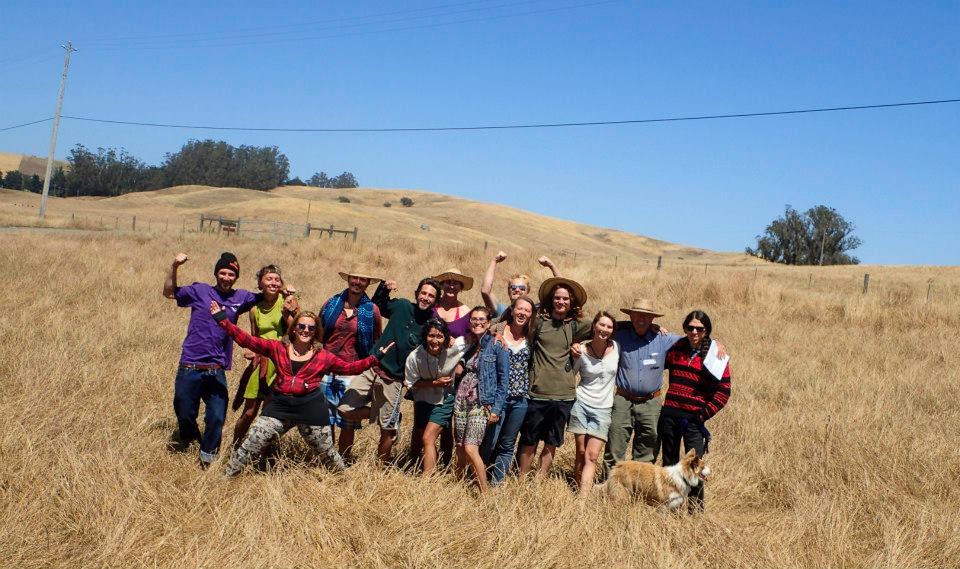
Join the next generation of biodynamic farmers!
Biodynamics is not a method but an art as well as a healing path. Biodynamic agriculture recognizes the reality that human beings’ development is completely bound with the evolution of the farm. Biodynamics is a practice that not only involves many practical skills and indications from Rudolf Steiner but also involves the task of socially connecting our community members as well as developing our soulful and spiritual selves.
-Megan Durney, Biodynamic Farmer Training participant and now Mentor
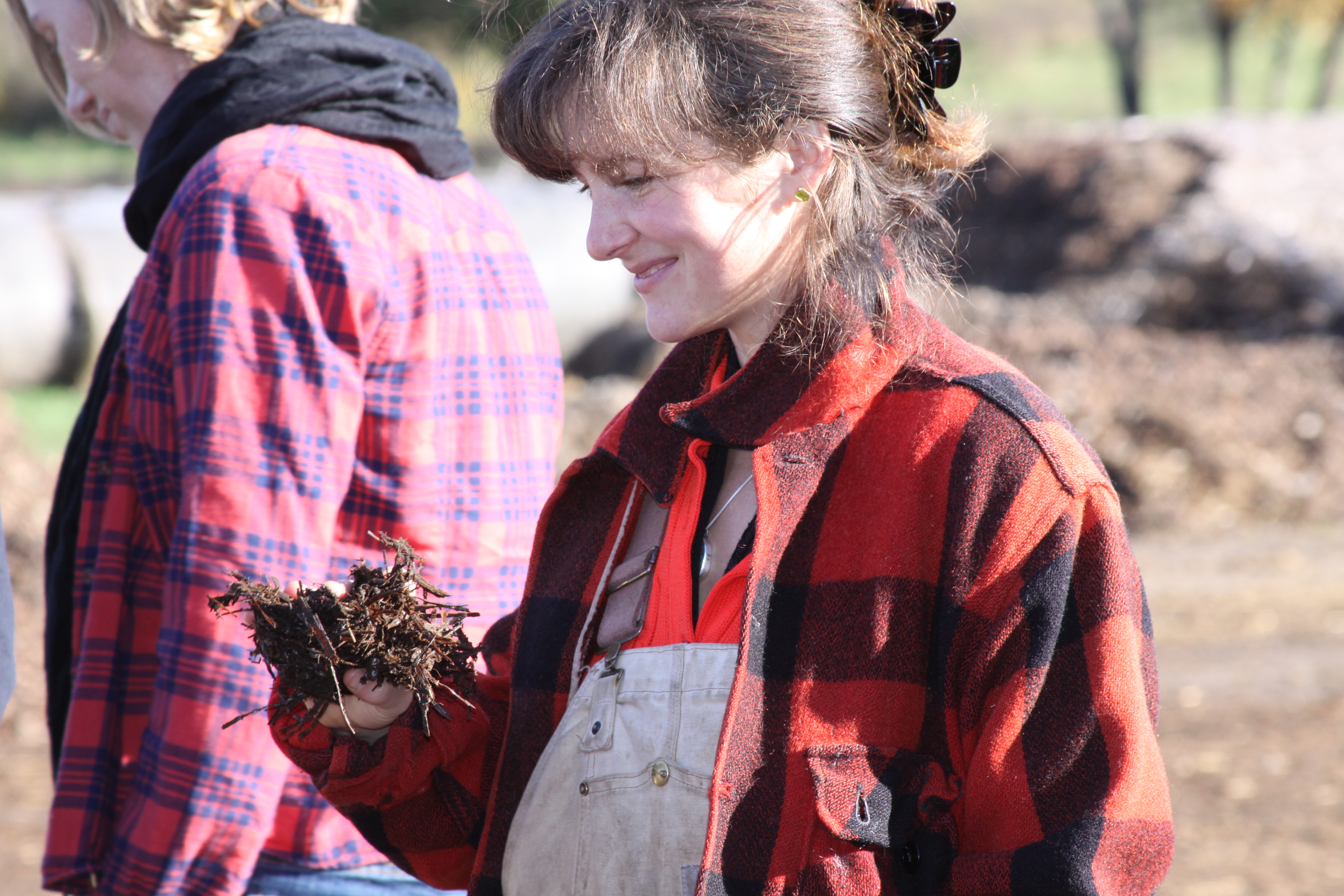
Our Educational Principles
Every situation and every being has something to offer and something to teach. We strive to have open and honest conversations, and challenge our views and opinions.
We are all students, and work to help each other learn and grow.
Each person is recognized as a whole human being. Our thinking, feeling, and willing are engaged fully through our heads, hearts, and hands.
Dialogue and direct experience are primary learning tools.
A diversity of questions, perspectives, and abilities are welcomed. Our complex individual lives are honored and respected. We work to harness the potential of diversity and integrate it into a cohesive whole.
The human being has a rich inner life as well as an outer life, and the health of this inner life is intimately connected to the progression and health of our communities, culture, and societal systems.
Active engagement, self-awareness, and the respect of the freedom of each individual are core responsibilities of all participants.
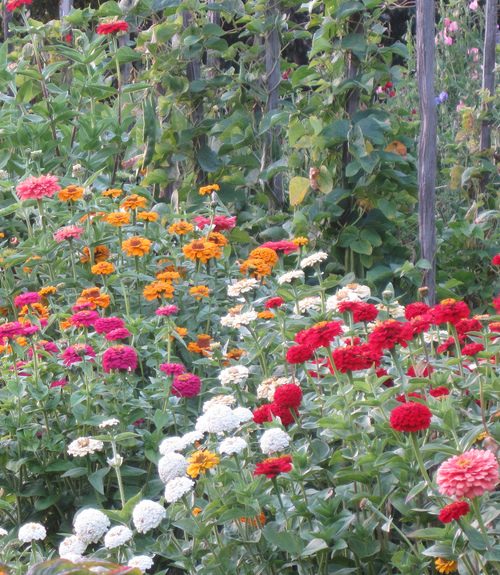
Program Cost
Tuition for Session 1 of this intensive program is $2,400. Tuition includes individualized mentoring from one of our carefully selected mentor farmers, the Foundations of Biodynamics learning curriculum and support from a tutor provided by EduCareDo (link is external), 52 learning and commnity building conversation sessions with your cohort, the Foundations of Biodynamics on-farm skills development guide, guidance in journaling, completing an independent project, visiting other local farms, on-going support from the Biodynamic Farmer Training organizers, and a Membership in the Biodynamic Demeter Alliance for a year. Participants receive a certificate of achievement at the end of the program.
Trainees are responsible for their own housing, food, and transportation, although many of our mentor farmers offer room, board, and/or a stipend to apprentices during their time on the farm. Registration fees for workshops outside of the Biodynamic Farmer Training and in the North American Biodynamic Conference are not included in tuition, but scholarships may be available.
Generous scholarships and payment plans are available
We strive to welcome all individuals who feel the Biodyanmic Farmer Training program is the next step in their life, regardless of your financial situation. Thanks to the support of ConnOils, EduCareDo, UNFI Foundation, Independant Natural Food Retailers Association, Organic Valley, RSF Social Finance, Kimberton Whole Foods, and other generous donors, need-based tuition scholarships of up to $2,000 are available through the Christopher Mann Biodynamic Scholarship Fund.
We also offer monthly payment plans to spread the cost of tuition over the year. If you are not sure whether you can afford the program, please get in touch. We want to help you be a part of our next cohort!
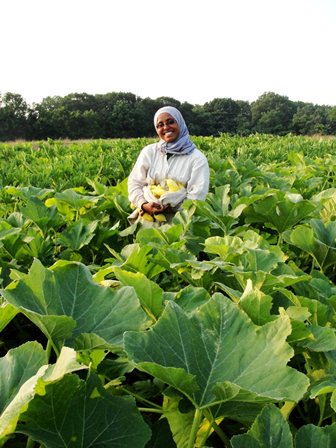
Working and learning alongside others who are participating in an intentional learning path has created a bond, which not only supports a human network but also the impulse of biodynamics.
-Megan Durney, Biodynamic Farmer Training participant and now Mentor
